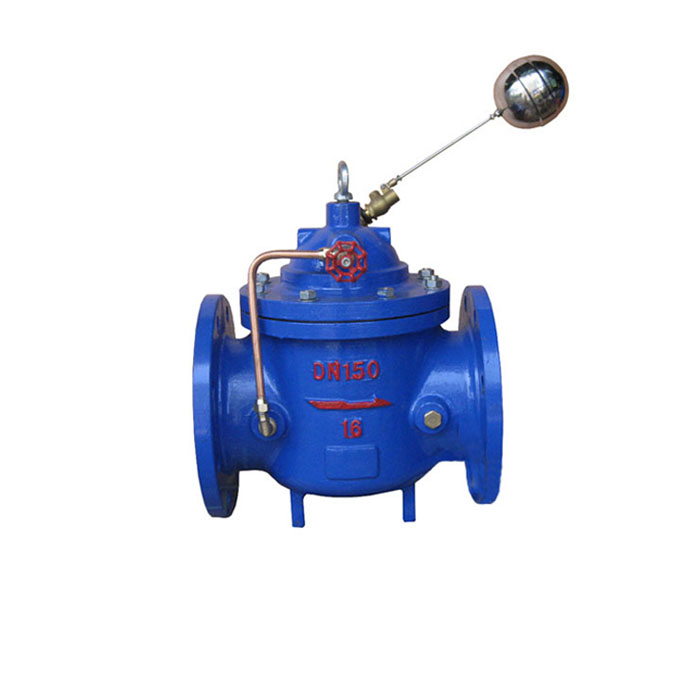Brass Needle Valve for Precision Flow Control in Various Applications
Understanding Brass Needle Valves A Comprehensive Guide
Brass needle valves are essential components in fluid control systems, known for their ability to accurately regulate flow rates in a wide variety of applications. These valves are designed to provide precise control of liquid and gas flows, making them an invaluable tool in industries ranging from manufacturing to HVAC systems. This article will delve into the characteristics, applications, advantages, and maintenance of brass needle valves.
What is a Brass Needle Valve?
A needle valve is a type of valve that features a small, tapered point (the needle) and a seat. The needle is mounted on a threaded spindle that allows for fine adjustments. When the spindle is turned, the needle moves up or down to either open or close the valve, thus controlling the fluid flow. When made from brass, these valves combine strength and corrosion resistance with excellent thermal conductivity, making them ideal for various applications.
Key Characteristics
1. Material Composition Brass is an alloy primarily consisting of copper and zinc. Its corrosion resistance makes it suitable for handling various fluids, including those that might cause the deterioration of other materials.
2. Flow Control The design of brass needle valves allows for precision in flow control. The more you tighten the valve, the more the flow is restricted, enabling very fine adjustments that are crucial in applications where flow consistency is essential.
3. Temperature and Pressure Ratings Brass needle valves can handle a range of temperatures and pressures, making them versatile for many industrial processes. Typically, they can function in temperatures from -40°F to 300°F and pressures up to 3000 PSI, depending on the design.
Applications
Brass needle valves are utilized in several fields
- Water Supply Systems They regulate flow in irrigation systems and municipal water supply lines. - Chemical Processing Used to control the flow of corrosive chemicals safely. - Gas Distribution Common in natural gas and propane systems, where gas flow needs to be monitored and adjusted. - HVAC Systems Employed to manage refrigerant flow in heating and cooling systems, ensuring optimal performance. - Laboratories Used in experimental setups where precise fluid control is necessary.
Advantages of Brass Needle Valves
1. Durability Brass needle valves are resistant to corrosion and wear, extending their lifespan compared to valves made from other materials.
brass needle valve

2. Precision Control Their design allows for very fine adjustments, making them ideal for applications requiring exact flow rates.
3. Versatility Effective for both liquids and gases, they are adaptable for numerous applications across various industries.
4. Cost-Effectiveness Brass needle valves are generally more affordable than many other types of precision valves, making them an economical choice for businesses.
5. Ease of Maintenance They generally require minimal maintenance; regular checks for leaks and ensuring they are not subject to extreme pressures are usually sufficient.
Maintenance Tips
To ensure longevity and optimal performance of brass needle valves, regular maintenance is essential
- Inspection Regularly inspect valves for leaks or signs of wear. Addressing issues early can prevent more significant problems later.
- Cleaning Occasionally clean the valves to remove any buildup of debris or deposits that might interfere with their operation.
- Lubrication Certain needle valves may require occasional lubrication to keep the spindle moving smoothly.
- Avoiding Over-tightening Care should be taken not to over-tighten the valve when closing it, as this can damage the needle or seat.
Conclusion
Brass needle valves are vital components in fluid control applications, providing the precision and durability required in today’s industrial landscape. Their versatility and reliability make them a popular choice across various sectors. By understanding their characteristics and conducting regular maintenance, one can ensure these valves perform at their best for years to come. Whether in manufacturing, water supply, or HVAC systems, brass needle valves play a critical role in ensuring efficient and safe fluid management.
-
The Key to Fluid Control: Exploring the Advantages of Ball Valves in Industrial SystemsNewsJul.09,2025
-
The Versatile World of 1, 2, and 3 Piece Ball ValvesNewsJul.09,2025
-
Stainless Steel Ball Valves: The Ideal Choice for Efficient Flow ControlNewsJul.09,2025
-
Optimizing Fluid Control with Ball Float ValvesNewsJul.09,2025
-
Manual Gate Valves: Essential for Control and EfficiencyNewsJul.09,2025
-
Everything You Need to Know About Butterfly ValvesNewsJul.09,2025
-
The Versatility of Wafer Type Butterfly ValvesNewsJul.08,2025




